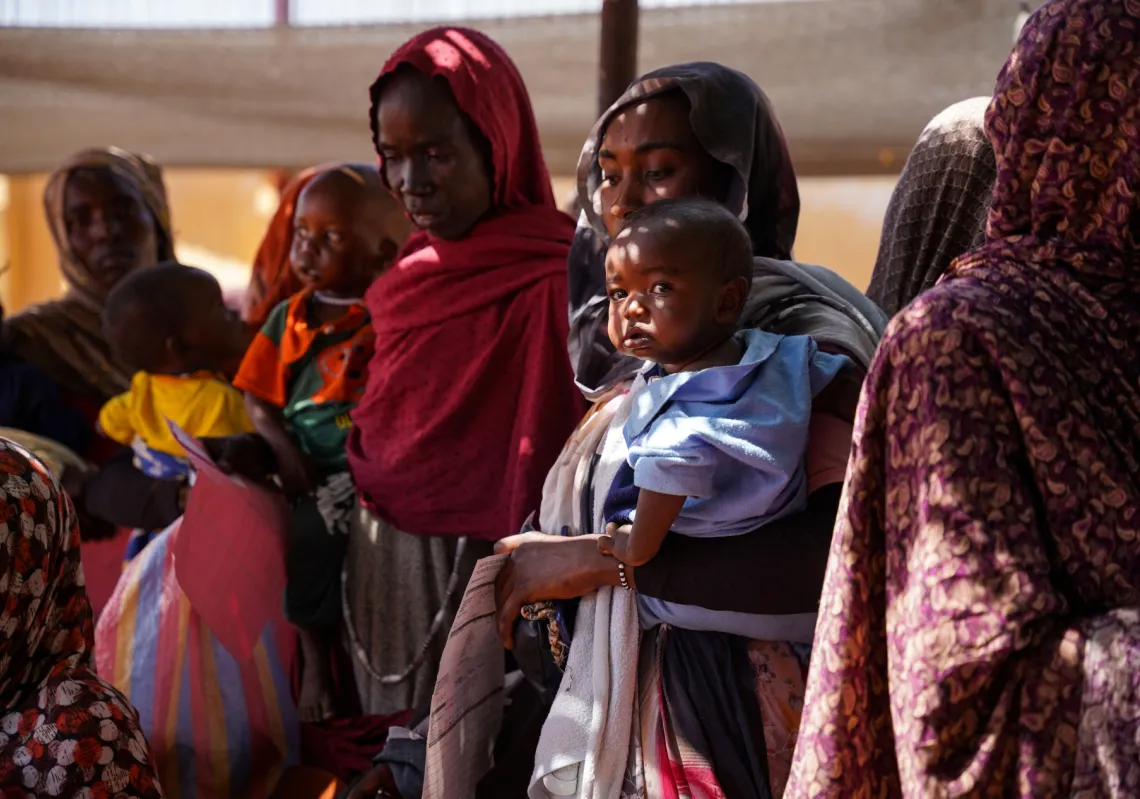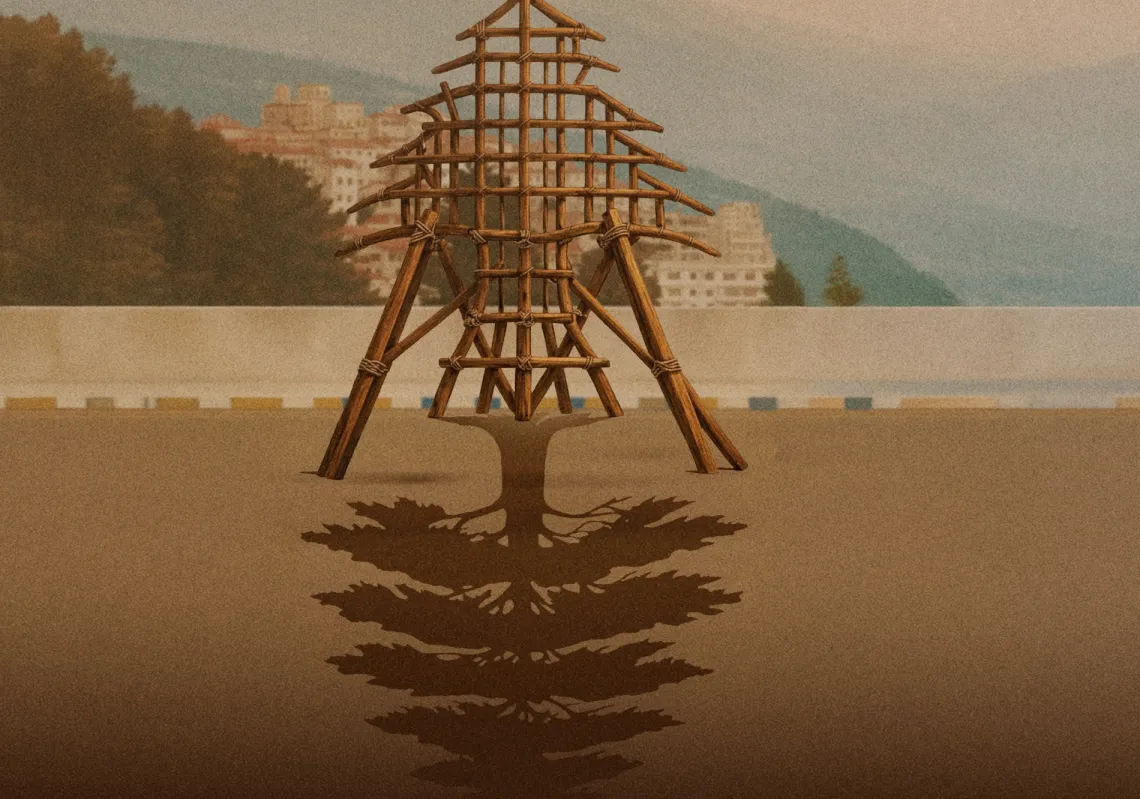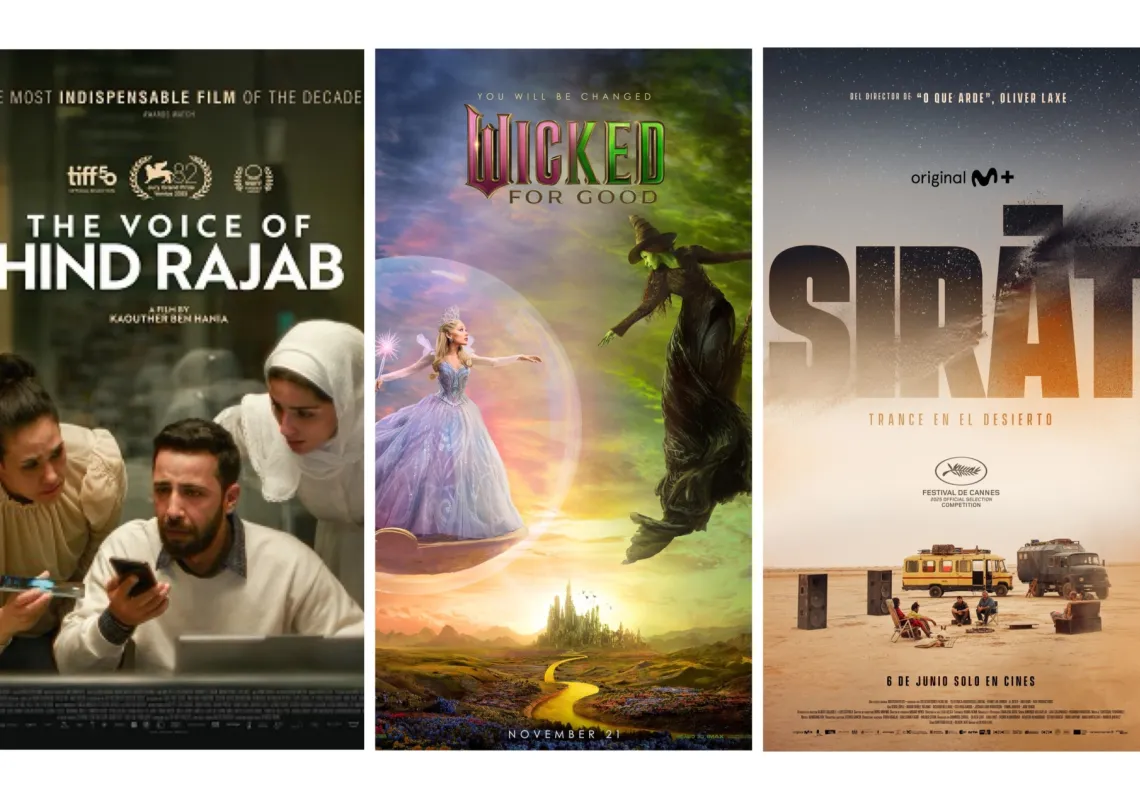Amin Matalqa is an Arab-American filmmaker based in Los Angeles. His last feature film, Captain Abu Raed, set in Jordan, was described as a “humanistic triumph” by The Hollywood Reporter and met with tremendous success around the world among audiences and critics alike. It won a range of awards, including Best Director at the 2008 Seattle International Film Festival, Best Feature—World Cinema at the 2008 Maui Film Festival, World Cinema Audience Award at the 2008 Sundance Film Festival, 2008 Heartland Truly Moving Picture Award and Heartland Crystal Heart Grand Prize Award, Outstanding First Feature at the 2009 Palm Springs Film Festival, Best Screenplay at the 2008 Beirut International Film Festival, and the Best First Feature at the 2008 Durban International Film Festival.
Captain Abu Raed tells the story of a custodian at Amman’s international airport, who, with the help of a pilot’s hat, finds his calling: to enchant the children of a disadvantaged neighborhood of Amman with tales of travel, exploration and daring. Initially unwilling to play the role of storyteller and insistent to the children that he is merely a simple custodian, Abu Raed eventually succumbs to their enthusiasm and faith. He transforms a mundane discovery into an opportunity for cultivating relationships that energize and inspire him and liberate the children—and other community members with whom he interacts. In the process he is able to share some of the wisdom he has gained as an elderly father, and to aid the most vulnerable members of his neighborhood.
Matalqa grew up in Jordan until the age of 13, when he moved to the US in 1989. He has made over 25 short films and studied at the American Film Institute where he received his master’s degree in Fine Arts.
The Majalla : Currently there appears to be tremendous growth in film production in the Arab world as well as increased frameworks for distribution, such as new film festivals in the Gulf states. Are there any dominant trends, stylistic or thematic that you’re finding in contemporary Arab cinema?
I'm not sure what the trends are but I'm happy to see that there is now a community of Arab filmmakers who have made one or two features and continue to battle to get their films made as part of their daily grind. Five years ago this was almost non-existent. There were only a couple of names that we knew about. Now there's a group and healthy competition among each other, which will only increase the quality of films emerging. I've seen some amazing comedies like the Algerian film Masquerade, and the Palestinian film The Time That Remains. I also heard that the Lebanese/Swedish film, Ball, from Joseph Faris is great and funny. So hopefully the trend keeps some healthy room for comedy, because we need escapist entertainment to fill theaters. But entertainment can have a special meaning behind it. Having said that, I have a really fun comedy I can't wait to make in Jordan late next year that is completely meaningless, and I love it.
Q: You are not only the film’s director but also its writer. How did you conceive of the story? How did it evolve?
It's a long story, but in a nutshell it started in 2005 shortly after my grandfather passed away. Organically I built layers upon layers of the story with each rewrite until 30 drafts later I had found the right balance of story, character, drama, comedy and minimal dialogue. The best realizations came as I found myself taking things out. I learned from the process that less is more.
Q: How was the film received in the Arab world? It includes some serious and extensive social critique on issues of class/poverty, gender and social conformity. How did the Arab public and critics respond to this?
For the most part, the reception was great. A lot of support. There are always those few who gripe that you're portraying something negative about the Arab world, but those are people who failed to see that the story is universal—with problems you can find anywhere around the world—which is also why the film played well to international audiences. I hope that with time it will continue to be discovered by new audiences in the Middle East. It has yet to play on TV. Distribution is still a big weakness in the Arab world.
Q: Tell us about your personal journey to filmmaking and writing.
I'll simplify it by saying that if you follow your heart and work hard; you will find that the universe somehow comes to help you. Everything in The Alchemist has been true in my experience. I feel very fortunate. And there is a struggle, but you have to find a balance and enjoy the journey. My love for filmmaking is not because I want to be rich. Making movies is a poor man's journey for independent filmmakers. You have to do it because you truly love creating and capturing behavior. Some people call it telling stories. I prefer to call it capturing behavior. That's the best part of making movies. How people interact.
Q: Images of Arabs and the Arab world in Hollywood are often one-dimensional, stereotypical and pejorative. Captain Abu Raed is totally different in the way in which it so intimately, vividly and respectfully renders Jordan and Amman in their depth, diversity and complexity. Can you describe your relationship with Arab culture generally and Jordanian culture more specifically?
I'm a mutt in that I have Jordanian, Palestinian and Lebanese blood in my mix yet I left Jordan at an early age when I was 13 and have since become very Americanized in my mentality and need for individuality. But at the same time I am constantly hungry for the European experience, either because I'm nostalgic to my childhood where I traveled with my parents to Europe, or because I'm haunted from a previous life where I was in either France or Germany. So at the end of the day, I sincerely see myself as a mixed bag of different parts of the world and I try to stay open to new experiences to widen my horizons. I am Arab-American and my roots started in Jordan, but I grew up in Ohio, yet my home is in Los Angeles—where my dogs live.
Q: Are you involved in Jordan’s new film school in Aqaba? If so, how?
Only in that my wife was one of the founding members and continues to work there. I am very proud of the enthusiasm they have in this program. It’s quite amazing.
Q: What are your plans for the immediate future in terms of directing/writing? And long term?
A new movie is going into pre-production next week. I can’t announce it yet because it’s for a studio and it’s up to them to publicize it.
Q: What is your greatest pleasure as a filmmaker? And your greatest challenge/frustration?
Creating. Writing. I love writing. I love working with actors and coming up with shots. I love the entire process. The collaboration. It is pure joy when it works. You build a family with each film. The biggest frustration is how long it takes to get the financing together, and of course distribution is a very tricky tough business. I also love when the music marries with the image at the scoring stage.
Q: How would you describe your creative writing process?
Lots of walking with my dogs early in the morning and handwriting for hours and hours everyday. Lots of asking questions and searching for something special. I always ask myself why I care about what I'm writing and why the audience will care. And I also love learning and researching.
Interview conducted by Noam Schimmel.







